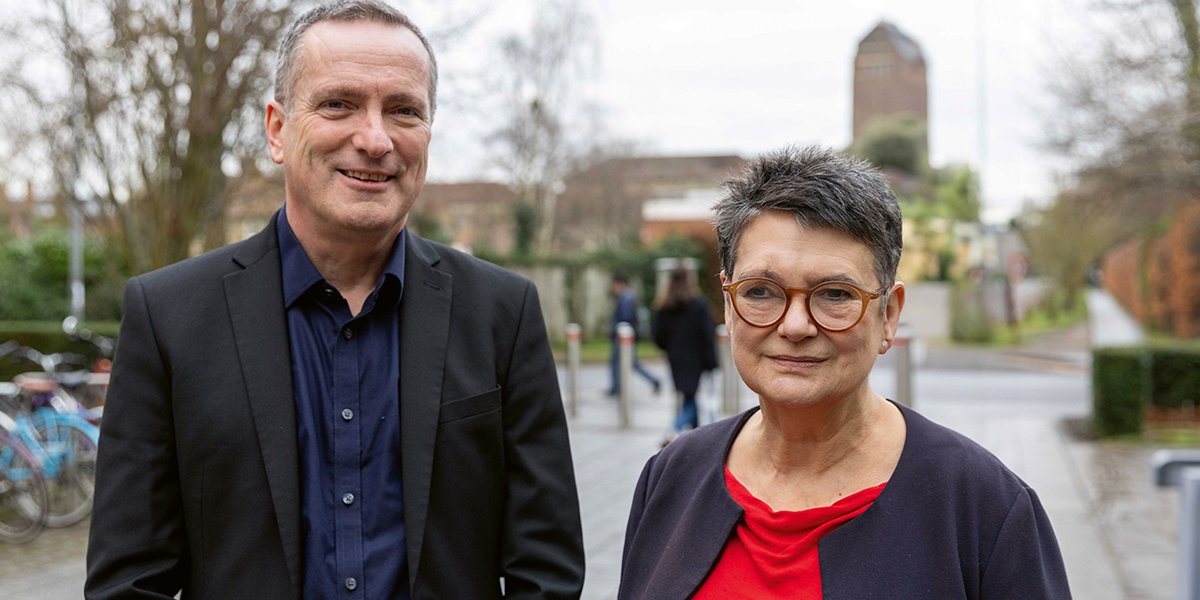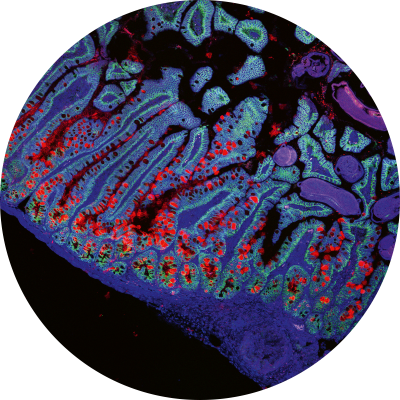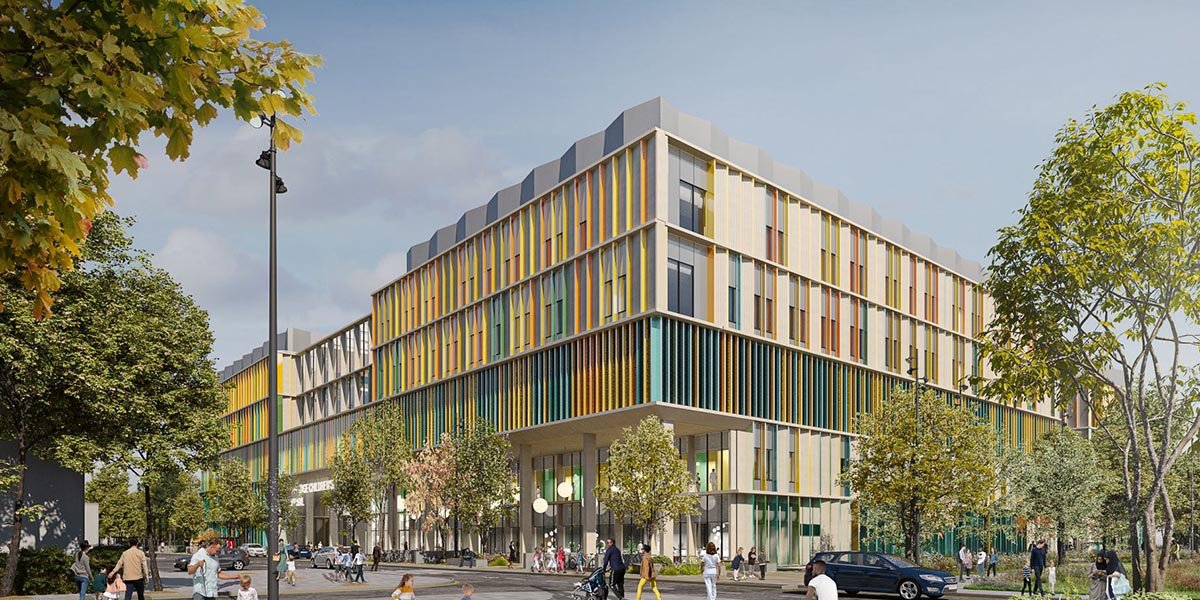Lent edition- Campendium
CAM's summary of what's been happening across the University.
Major new School to tackle biggest global public policy challenges
A flagship new public policy school will open this Autumn, developing practical solutions to urgent policy problems – from tech disruption and climate damage to the effects of inequality.
The Bennett School of Public Policy, established with support from the Peter Bennett Foundation, will prioritise research into two of the biggest policy challenges facing the UK and much of the world: the adoption of artificial intelligence, and the economic revival of post-industrial regions. The School’s leadership say it will overcome policy and academic silos to help foster a generation of tech-savvy and socially aware policymakers.
“Today’s challenges, from effective uses of AI to reviving towns and regions, demand solutions that reflect expertise across disciplines and sectors,” says its co-director Professor Dame Diane Coyle. The Bennett School is launching a new Master’s course in Digital Policy. In this pioneering programme, policy professionals from around the world will be trained by leading Cambridge economists, political scientists, business and manufacturing experts, and machine-learning engineers – all on a single course. “We aim to train government thinkers committed to advancing good growth, who can set the policy agenda for a rapidly changing world,” adds fellow co-director Professor Michael Kenny. “We will work with people doing things out in the world, from international business to local government. Our teaching will be fused to a dynamic research engine – the Bennett Institute for Public Policy – so that those who train here can touch the policy impact we are already having.”


Cell mapping project will change the way we understand our bodies
It’s the brainchild of Professor Sarah Teichmann, based at the Stem Cell Institute, and Dr Aviv Regev, Executive Vice President at Genentech. The Human Cell Atlas, an incredibly ambitious scientific project, will map the complete molecular fingerprint of the human body’s 37 trillion cells.
More than 3,600 scientists worldwide – including more than 70 at Cambridge – are using genomic technology to examine individual cells in detail.
So far, the discoveries have provided new insights into everything from the brain and the immune system to hormonal signalling – with more to come.
Three-minute Tripos
Robotics holds the key to understanding biomechanics in extinct animals.
In the beginning, there were fish.
And the fish became us, and they did grow legs, and brains, and walk upon all the lands of the Earth, O Lord?
No. Not immediately. There were… stages.
And what were those stages, O Lord?
Look, it’s tiring enough being omnipotent and omnipresent without having to be ChatGPT as well.
Sorry.
One moment everything is without form, and then suddenly all these things are wriggling around the face of the waters and sprouting limbs and suchlike.
And I suppose it must have still been dark on that particular day, O Lord?
Quite. Also, some of the fossils are missing. I can’t remember where we put them. Luckily I have humans to work out that kind of thing for me.
Humans? Really?
They’re quite clever sometimes. Like Dr Michael Ishida from the Department of Engineering. His team want to know how the pectoral and pelvic fins of ancient fish evolved.
So how is this human going to shed light on this most mysterious of your workings, O Lord?
Well, they can’t put little legs on living fish to see how they walk, and there’s not much information from the fossils they’ve got. So they are building walking fish robots.
And will these robots also grow legs, and brains, and walk upon all the lands of the Earth, O Lord?
Sort of. Once they’ve built the robots, they’ll perform experiments on them to infer how they might have moved. After that, we’ll just have to see how it goes.
Such ingenuity, O Lord. Quite. Now, where did I put that complete spinosaurus skeleton?
Sustainability
Brazilian company Suzano has donated an initial £10m to set up the Suzano Scholars Fund at Jesus College, supporting Brazilian nationals studying for a postgraduate degree connected to the environment, ecology and conservation. The company will also support academics at the Conservation Research Institute to explore the interaction between human and natural systems in areas such as biodiversity and climate change.
300 new PhDs made possible by philanthropy
A new programme launched by Trinity College and the University will support research in the sciences and humanities. For more on the programme.
For more news from across the University, see our news page.
 CAM
CAM

